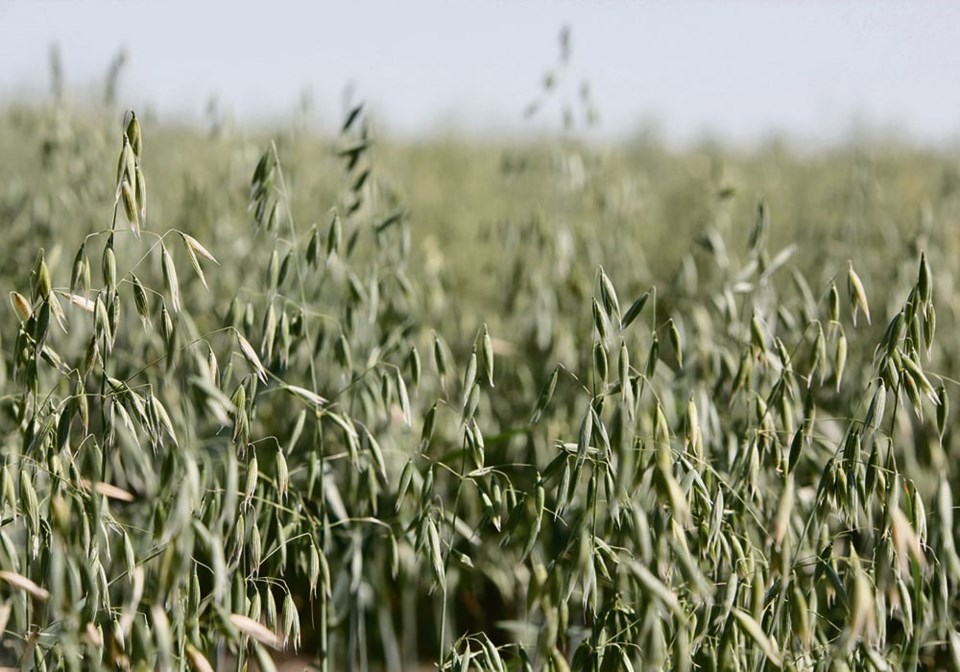WINNIPEG — Fifteen to 20 percent of oat growers in Western Canada apply a plant growth regulator to their crops. That isn’t an exact number — more of a ballpark estimate of how many farmers use chlormequat, which is branded as Manipulator.
That use has prompted two class action lawsuits in California against General Mills and Quaker Oats
One lawsuit, posted on ClassAction.org, alleges that Cheerios contain “dangerous levels” of chlormequat chloride.
“The Cheerios case was filed in California on Feb. 23, three days after Quaker Oats was hit with a lawsuit that alleged a number of its granola, oatmeal and Chewy products contained the same harmful pesticide,” ClassAction. org says.
The lawsuits note that the amount of chlormequat found in oat food is 40 to 100 parts per billion, but the U.S. Environmental Protection Agency has a maximum residue level of chlormequat in oats of 40,000 p.p.b. The levels detected in cereal and granola bars is not even close to the MRL.
However, the class action suits are relying on scientists from the Environmental Working Group, who claim that the safe level of chlormequat is 30 p.p.b. per day.
General Mills, in an email to The Western Producer, said its products are safe.
“All our products adhere to all regulatory requirements,” said Mollie Wulff, a spokesperson for General Mills.
“Food safety is always our top priority at General Mills, and we take care to ensure our food is prepared and packaged in the safest way possible.”
Contact [email protected]




